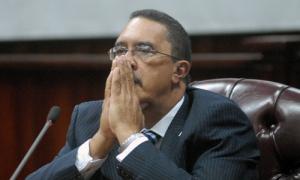Selling Citizenship in the Caribbean
December 21, 2012 NACLA.org Due to the decline of the traditional sugar and banana exporting industries, many cash strapped Caribbean islands have been resorting to an unusual and controversial method to raise revenue—selling citizenship. While economic citizenship programs already exist in Austria, Bulgaria, Britain, and Canada, they often take several years for the applications to be processed—while in the Caribbean it only takes a couple of months. While no specifics on the nationalities involved have been released, it has been widely circulated that those most interested in the economic citizenship program are primarily the wealthy from China and the Arab World. Armand Arton, of Arton Capital, a financial advisory business based in Montreal specializing in immigrant investment programs, remarked that his firm “had provided advice to more than 500 families in 2011 and that 75% of them had been from the Middle East.” Since September 11, there has been a crackdow
